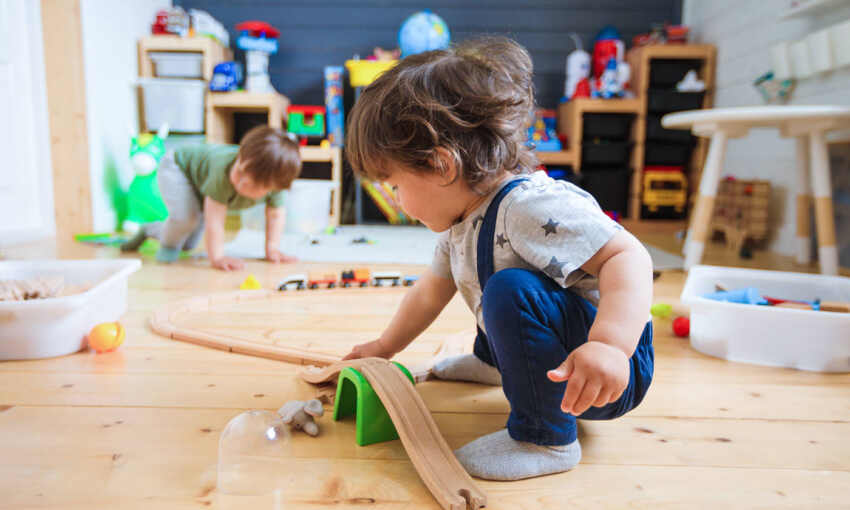Exploring Mathematical Ideas: Montessori Measurement Actions for Early Learners
In the Montessori approach to education, children are encouraged to learn through exploration and manipulation of materials. This hands-on approach extends to the teaching of mathematical concepts, including measurement. By engaging in measurement activities, young learners can develop their understanding of mathematical concepts such as length, height, weight, and volume. This article will explore some of the key Montessori measurement activities for early learners.
1. Tower Building
One of the foundational measurement activities in Montessori education is tower building. Children are given a set of wooden cubes in different sizes and are encouraged to stack them from largest to smallest or vice versa. This activity helps them develop an understanding of height and size, as they compare the height and length of each cube.
2. Measuring with Cubes
Montessori also introduces the concept of measuring using wooden cubes of a standardized unit. Children are given a variety of objects and tasked with measuring the length or height using the cubes. This activity helps them understand the concept of a standard unit of measurement and develop their ability to compare and order different objects based on their size.
3. Water Pouring
Water pouring activities are an excellent way to introduce the concept of volume to young learners. A clear pitcher is filled with a specific volume of water, and children are given smaller pitchers to transfer the water. By pouring the water from one pitcher to another, children can visually see the amount of water transferred. This activity helps them understand the concept of volume and develop their ability to estimate and compare quantities.
4. Balance Scale
A balance scale is a fundamental tool in Montessori measurement activities. Children are given a variety of objects with different weights and are tasked with balancing them using weights of the same or different sizes. By adjusting the weights on each side of the scale, children learn about the concept of weight and develop their ability to compare and order objects based on their weight.
5. Length Beads
Length beads are a Montessori material consisting of a series of beads of increasing lengths. Children are encouraged to arrange the beads in order from shortest to longest or vice versa. This activity helps them understand the concept of length and develop their ability to estimate and compare the sizes of different objects.
Montessori measurement activities provide early learners with the opportunity to explore mathematical concepts in a hands-on and interactive manner. By engaging in activities such as tower building, measuring with cubes, water pouring, using balance scales, and arranging length beads, children develop a strong understanding of important mathematical concepts such as height, length, weight, and volume. These activities promote critical thinking, problem-solving, and logical reasoning skills, setting a solid foundation for further mathematical exploration in later years.
Nidhin
For More Details Call: +917510220582
